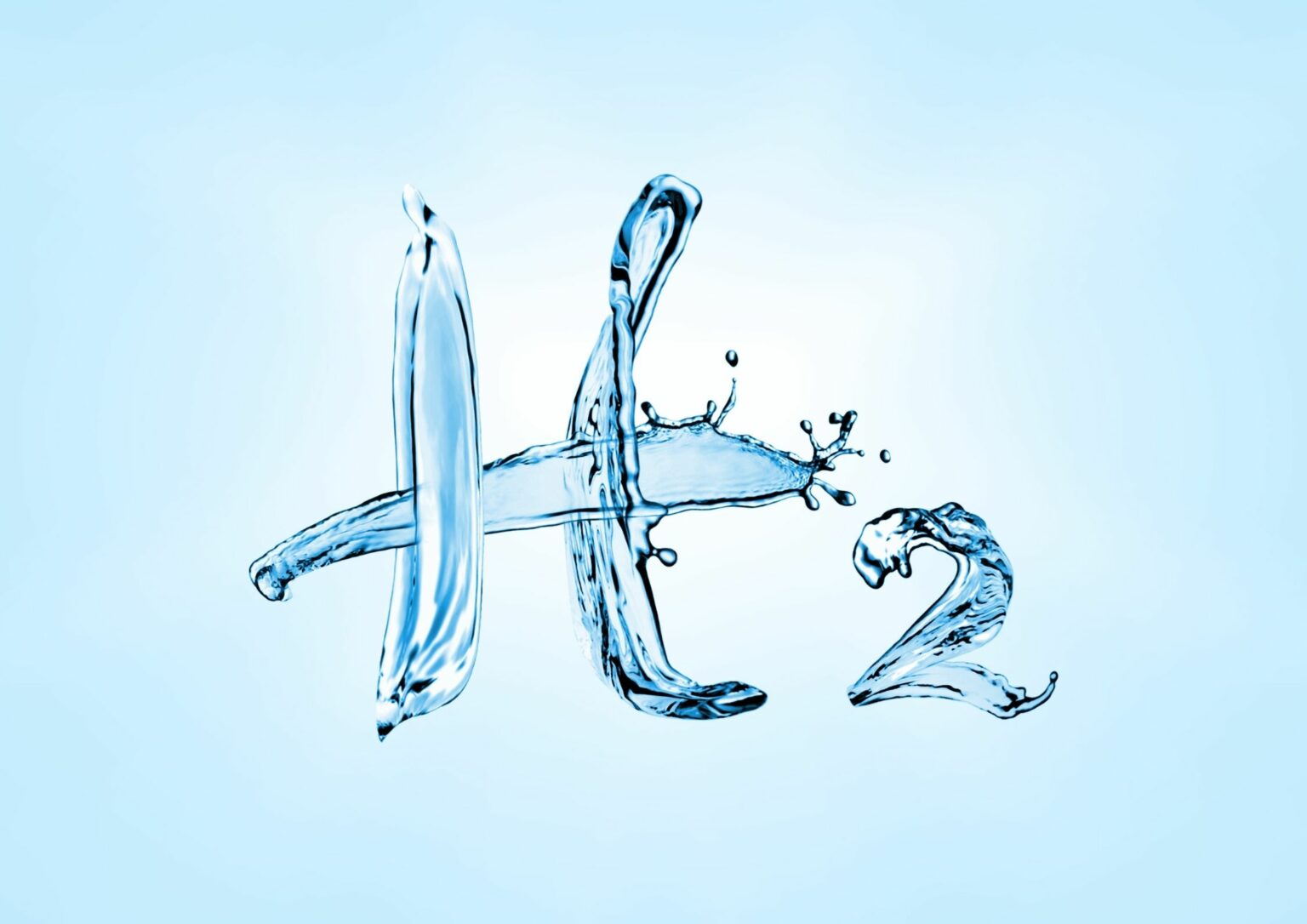Omani-Polish researchers are exploring how to generate hydrogen from wastewater in a groundbreaking study named WASTE4H2.
This project involves the German University of Technology in Oman (GUtech) and Poland’s Research and Innovation Centre Pro-Akademia. Their efforts focus on simultaneously treating industrial wastewater and generating hydrogen using a novel technology.
The research is specifically beneficial to Oman, a country dealing with large volumes of ‘produced water’ from oil operations. Additionally, Oman’s oil refining and petrochemical industries produce substantial wastewater, which this technology seeks to treat effectively.
The study is officially titled ‘Simultaneous Wastewater Treatment and Hydrogen Generation by the Plasma-Driven Solution Electrolysis Powered by the Hybrid Photovoltaic – Thermal Collectors.’ It started three years ago, supported by the Polish National Center for Research and Development under the INNOGLOBO programme, which fosters international R&D collaborations. This initiative aims to create a system using plasma-driven solution electrolysis to treat wastewater and produce hydrogen.
WASTE4H2 is designed to offer a sustainable alternative to conventional methods of industrial wastewater treatment, particularly from oil refineries. Traditional techniques often produce volatile and toxic by-products. With RIC – Pro-Akademia leading the project, the focus is on developing an automatic cleaning system for hybrid photovoltaic-thermal collectors. GUtech is testing the system’s components and subsystems in realistic conditions.
A GUtech team, led by Prof Dr. Najah al Mhanna, recently visited Warsaw for a demonstration of this technology. On display was a sophisticated plasma-ultrasonic reactor, illustrating the potential for advanced purification while generating hydrogen. The demonstration emphasized the technology’s ability to lessen the environmental impact of oil production. It also presents opportunities for desalinating saline waters and recovering valuable materials. As the study progresses, the developed systems will be tested in Oman at GUtech’s facilities, with the aim of evaluating their efficiency in a natural setting.





